Announcing the Third Joint Symposium on Neuroacanthocytosis
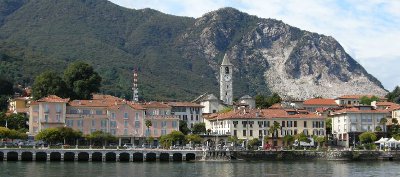
The Third Joint Symposium on Neuroacanthocytosis, "New frontiers in Neuroacanthocytosis and Neurodegeneration with Brain Iron Accumulation: From Benchside to Bedside," will take place in Stresa, Italy at the Hotel La Palma October 30th - November 1st 2014. The conference is addressed to Neurologists, Internists, Hematologists and Biotechnologists who deal with diagnostics, clinical and therapeutic management of patients affected by Neuroacanthocytosis and brain iron accumulation diseases. The scientific issues of this meeting will cover both the identification and characterization of the new aspects of this illness as well as the developments in the clinical environment. For more information visit the Facebook Page of the Third Joint Symposium on Neuroacanthocytosis and/or the Conference Secretariat web site. Registrations will open soon! [Image Stresa in Italy, Copyright Triitalian @ Flickr]
Strong response to call for NA research grant applications
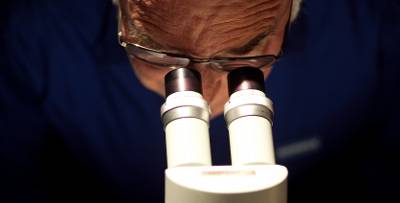
The Advocacy was delighted to receive four strong candidate applications following our November 2013 call for research grant proposals. The Advocacy sought proposals for further research into the causes and possible cures for neuroacanthocytosis and, if all proposals are passed by our evaluation team, we will require significant additional funds to support the researchers' work.
Read more»
FUNDRAISING NEWS
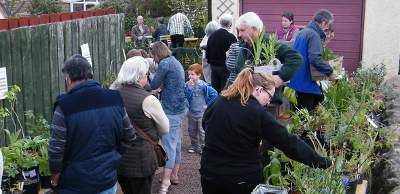
With the coming of spring also come a range of fundraisers designed to raise awareness and funds for the ultra-rare group of NA diseases. We're delighted to announce a clutch of upcoming fundraising events as well as the wonderful fundraising totals from recent walks, coffee mornings and more.
Read more»
Supporters give big to support NA
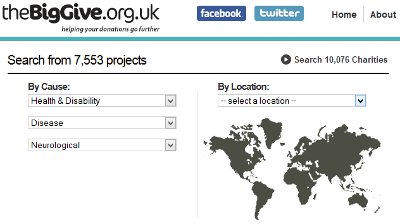
The Big Give campaign in early December is the high point of our fundraising year, supporting the research that will bring therapies to people with neuroacanthocytosis. In December 2013, 43 generous supporters donated £34,386 and the Reed Foundation gave a donation of £8,645 for a total of £43,031.
We would like to express our deepest thanks to all who participated; thanks too to those supporters who approached us after the 2013 deadline and have already offered support of £5,000 for the 2014 campaign.
Your generous contributions comprise a substantial sum for NA research.
RESEARCH UPDATE
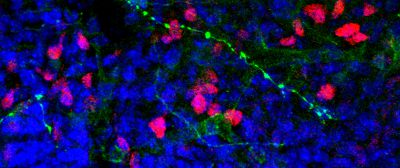
Updates this issue from Alicia Rivera, MS, PhD, Boston Children’s Hospital / Harvard Medical School, Boston, USA ...Florian Wegner, University of Hannover Medical School, Hannover, Germany...Dr. Antonio Velayos-Baeza, Wellcome Trust Centre for Human Genetics, University of Oxford, UK...Lucia De Franceschi, MD...Plus free online review of neuroacanthocytosis from National Institute for Biological Information
Read more»
Adrian Danek presents EMINA2 E-Rare Athens
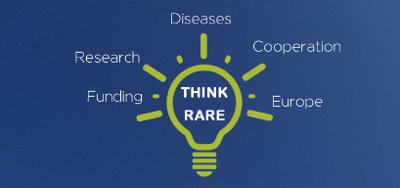
In January Adrian Danek attended the 2014 E-Rare Scientific Meeting and Strategic Workshop in Athens and presented a session about EMINA2, the ongoing research work funded under the E-RARE programme of the European Union.
Read more»
PATIENT NEWS
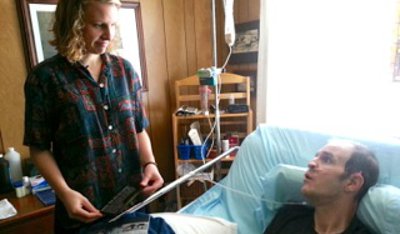
In this issue: Jon Pedersen...David Nicholson...remembering Mervyn Curry
Read more»
Can you recommend everyday tips for NA patients?
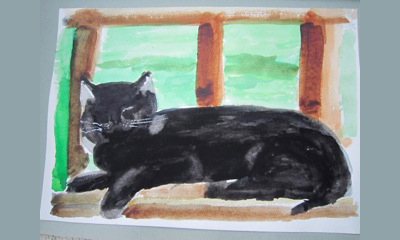
We are starting a new section in NANews specifically for patients and would really appreciate your input. We have shared information from patients about non-medical techniques for coping with some of the symptoms of NA but would also like to hear about daily activities of patients and how they spend their time. Alex Irvine, for example, works with an artist to produce watercolours, as illustrated above.
Read more»
Come together with NA patients in five languages at Rare Connect
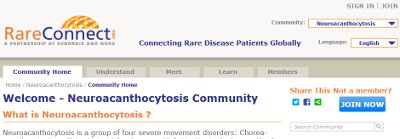
Have you explored Rare Connect? This remarkable online community has the facility to be received in five different European languages. Some of you may be members of the NA site of Yahoo Groups, where activity has been quiet for a couple years but where we did currently receive communication from one new member.
While the Yahoo group still exists, we would certainly encourage all NA patients to become a member of Rare Connect, which is a better and more secure forum for exchanging ideas and advice with other patients.
Do come and join the conversation at the dedicated NA group on Rare Connect
|
|